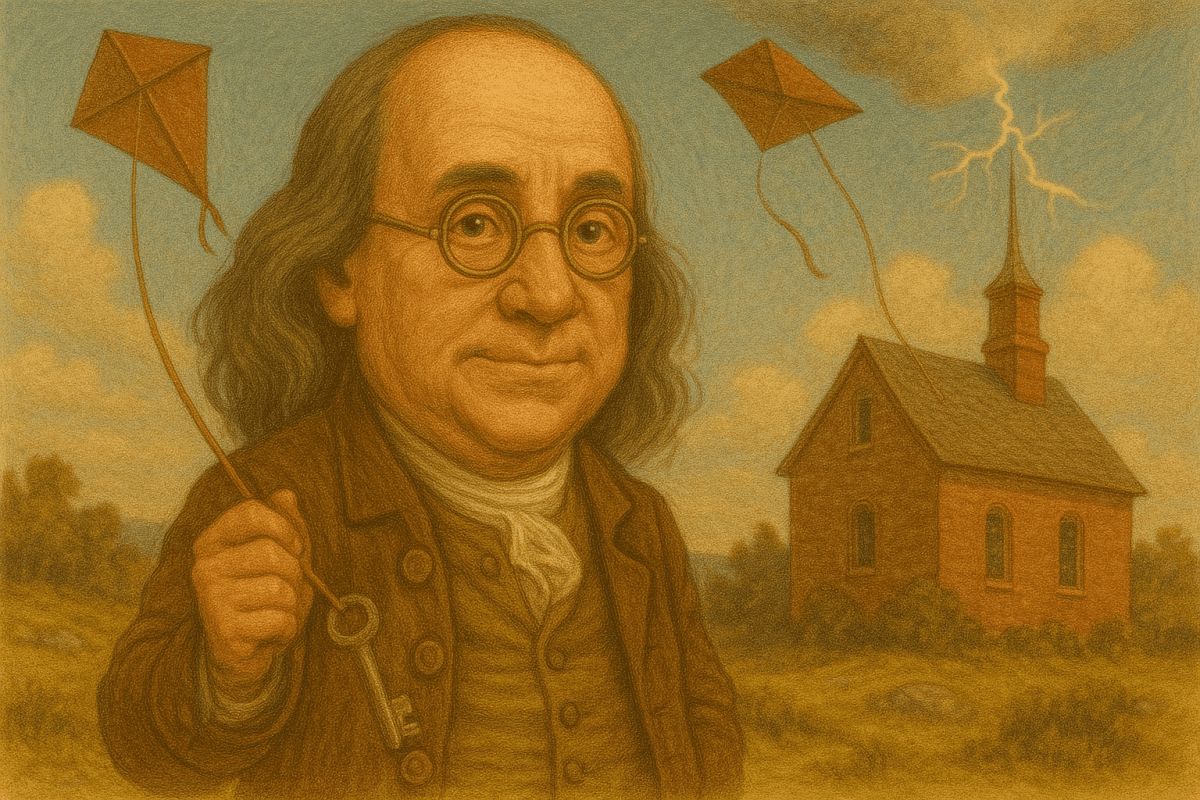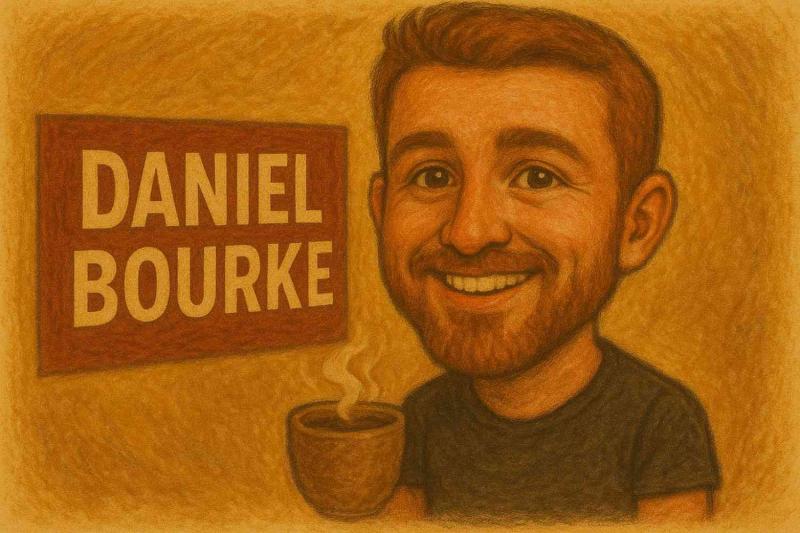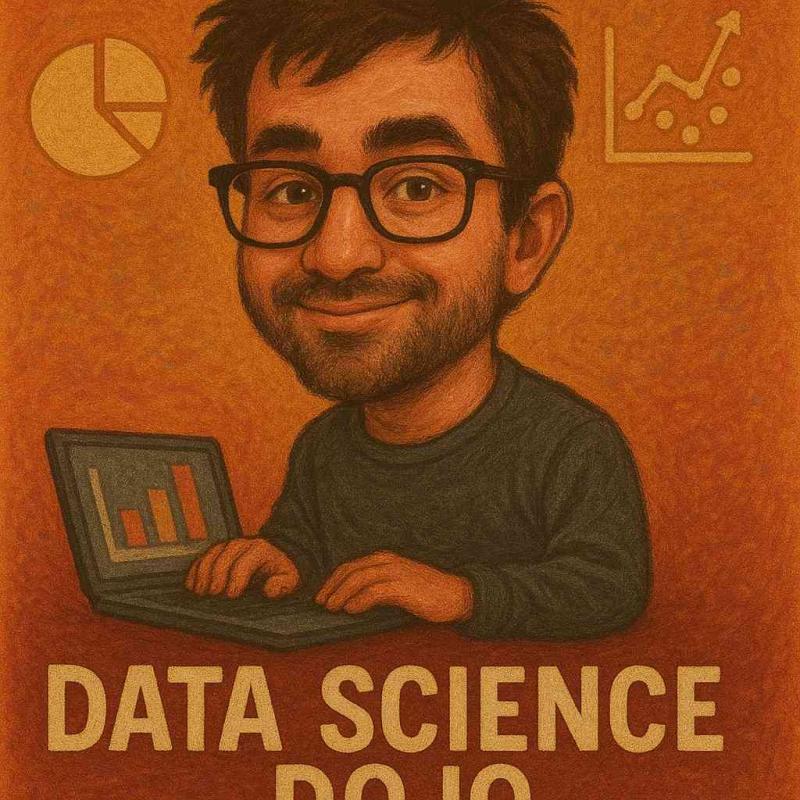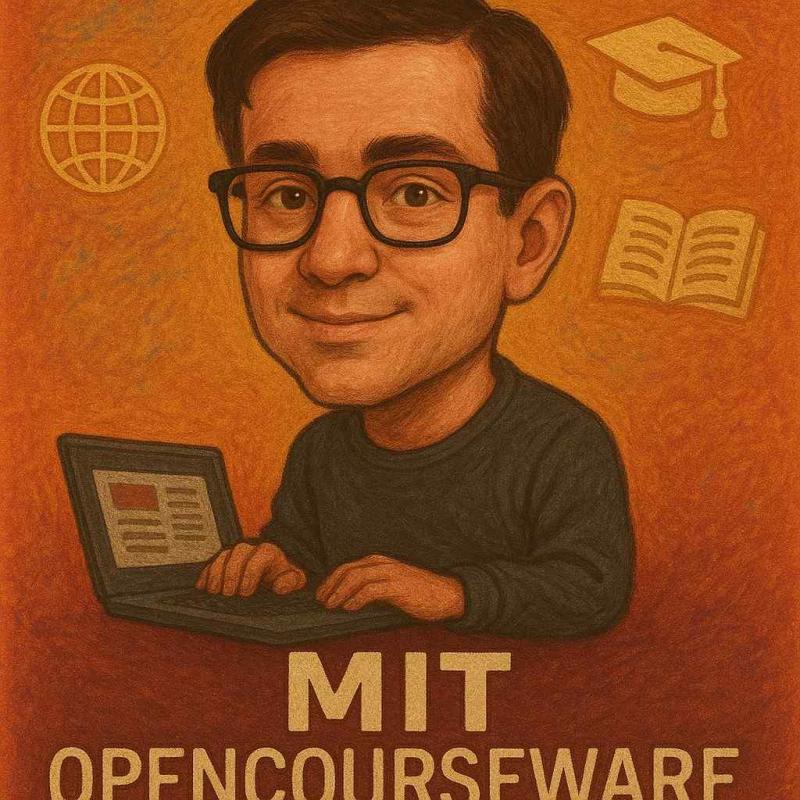Benjamin Franklin: America's First Media Mogul Before It Was Cool
Ever wondered who was running the media game long before social media influencers and tech billionaires? Well, grab your bifocals (yes, he invented those too) and let's chat about Benjamin Franklin – founding father, inventor, diplomat, and surprisingly, one of America's original media tycoons.
From Apprentice to Media Pioneer
Benjamin Franklin wasn't born with a printing press in his hands, though it sometimes seems that way. At just 12 years old, little Ben became an apprentice at his brother James's printing shop in Boston. Talk about starting your career early! While most of us were still figuring out middle school drama, Franklin was learning a trade that would eventually make him wealthy and influential.
The apprenticeship wasn't exactly smooth sailing. Franklin and his brother didn't exactly see eye to eye. In fact, their relationship was so rocky that Ben eventually broke his contract (technically illegal at the time) and fled to Philadelphia. Bold move for a teenager, right?
When he arrived in Philadelphia with barely any money in his pockets and just a few coins to buy bread, I doubt he imagined he would transform the colonial media landscape. But that's exactly what happened.
The Pennsylvania Gazette: Not Your Average Colonial Newspaper
In 1729, Franklin purchased The Pennsylvania Gazette, a struggling newspaper that was on the verge of collapse. Picture this: a 23-year-old taking over a failing business and turning it into the most successful newspaper in the colonies. If that happened today, it would be all over TechCrunch!
What made Franklin's approach to the Gazette so revolutionary? For starters, he understood something that modern media companies are still figuring out – content is king. The Gazette wasn't filled with dry announcements or boring government proclamations. Franklin made it lively, engaging, and sometimes controversial.
He published:
- Original reporting on local events
- Letters to the editor (many secretly written by Franklin himself under pseudonyms)
- Political commentary that shaped colonial opinion
- Advertisements that helped local businesses thrive
Franklin also had a keen understanding of design and layout, making his newspaper more readable than competitors. He used headlines, illustrations, and varied typography when other printers were sticking to monotonous blocks of text. The man was basically doing UX design before computers existed!
Poor Richard's Almanack: Colonial America's Bestseller
If the Gazette was Franklin's New York Times, then Poor Richard's Almanack was his viral blog. Published annually from 1732 to 1758, this little book became a cultural phenomenon and a cash cow for Franklin.
The Almanack contained:
- Weather predictions (sometimes hilariously wrong, but hey, meteorology wasn't exactly advanced back then)
- Astronomical information
- A calendar of important dates
- And most memorably, clever sayings and witticisms
Those witty sayings? Pure gold. "Early to bed and early to rise, makes a man healthy, wealthy, and wise" – that's Franklin. "A penny saved is a penny earned" – yep, Franklin again. The man was basically creating meme-worthy content centuries before the internet.
What's particularly clever about the Almanack is that Franklin published it under the pseudonym "Poor Richard" (AKA Richard Saunders). This fictional character became so popular that people would quote Poor Richard without realizing they were actually quoting Ben Franklin. Talk about building a successful brand persona!
The Business Genius Behind the Content
Franklin wasn't just creating content; he was revolutionizing the business of media. He understood vertical integration before it was a business school buzzword. The man owned the printing press, created the content, sold the advertising, and distributed the finished product. He basically controlled every aspect of his media empire.
And advertising? Franklin practically invented modern advertising strategies in colonial America. He recognized that merchants would pay good money to reach his readers, and he designed ads that were effective and attention-grabbing. The revenue from these advertisements made both the Gazette and the Almanack extremely profitable ventures.
Building a Network Before Social Media
Perhaps most impressively, Franklin created America's first media network through his printing partnerships. He would set up promising young printers in business in different cities, providing the equipment and taking a share of the profits. This arrangement spread Franklin's influence throughout the colonies while building his wealth.
This network also allowed him to distribute his content more widely than any single printer could have done alone. It's like he created a colonial franchise system – McPrinting, if you will. :)
The Franklin Legacy in Media
Franklin's media ventures made him wealthy enough to retire from active business at the age of 42, allowing him to focus on science, politics, and diplomacy. But his impact on American media continued long after he stepped away from the printing press.
His approach to journalism – mixing information with entertainment, using clear language, and engaging readers directly – remains influential today. Every time you read a newspaper that includes weather forecasts, witty commentary, and advertisements, you're experiencing Franklin's media legacy.
What Today's Media Entrepreneurs Can Learn from Ben
Looking at Franklin's media career offers some pretty timeless lessons:
- Create content people actually want to read (seems obvious, but many still miss this)
- Don't be afraid to mix entertainment with information
- Control as much of your business operation as possible
- Build networks that extend your reach
- Use your platform responsibly to inform and improve society
IMO, if Franklin were alive today, he'd probably have a killer podcast, a newsletter with impressive conversion rates, and be an angel investor in media startups. He'd definitely have some thoughts about the current state of journalism and social media!
Final Thoughts
Benjamin Franklin wasn't just one of America's founding fathers – he was the founding father of American media entrepreneurship. From a runaway apprentice to the owner of a media empire that shaped colonial thought, his journey shows what's possible with creativity, business savvy, and a willingness to innovate.
Next time you're scrolling through your social media feed or reading a newspaper (they still exist!), spare a thought for old Ben Franklin, who would probably be both amazed and completely unsurprised by how the media landscape has evolved. After all, he was a man who understood that information, properly delivered, is power.
And that's a lesson that's just as true in our digital age as it was when news traveled at the speed of a horse.



